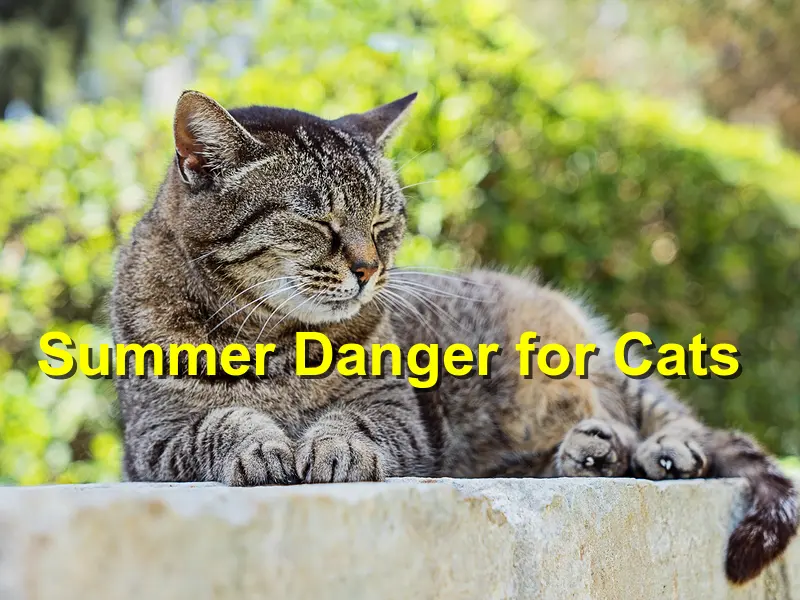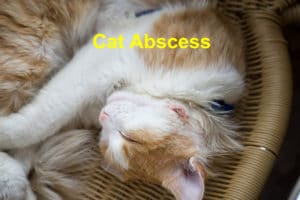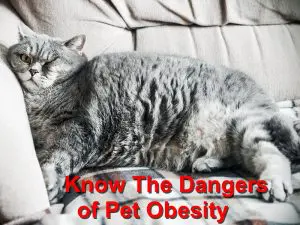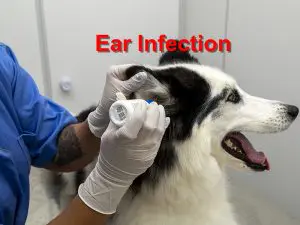How To Deal With Summer Danger For Cats
As you brave the cold winter season summer is certainly on your mind. It is also likely your cat is looking forward to the summer as well. And though your cat is vulnerable to threats all year-round, cats are more exposed to the dangerous summer climate.
And with summer, there is always danger creeping on every corner, such as heatstroke and bites from insects and reptiles. Let’s have a look at some of the main concerns.
Shedding
During summer climate, your cat will begin to shed off its fluffy winter fur to a lighter and manageable summer fur. As a result, this shedding can cause hairballs and dire concerns.
Cats are known to ingest most of the hair that they shed during summer. In most cases, this often results to hairballs and vomiting, as well as dangerous internal blockages that may require immediate veterinary care. Nonetheless, regular grooming, bathing and combing can help remove the hairballs to prevent them from being ingested.
Shaving your cat isn’t necessary if your cat lives indoors most of the time. Ensure you remove their tangles or excess coat regularly though brushing. Brushing and bathing helps to prevent matting that often causes overheating.
Therefore, when your cat is vulnerable to matting, then a simple trim is effective for preventive maintenance. And for indoor cats, it is always advisable to brush their coat regularly to suit the changing seasons.
Sunscreen
Should you buy sunscreen for pets? Well, the sunscreens you use on pets are somewhat different to the regular sunshades you get at your local stores. For example, human sunscreen might contain ingredients that are toxic to cats.
And since cats are believed to be habitual lickers, you should not use products that lasts on their skin longer. Therefore, you should buy a sunscreen tailored for cats to ensure they are safe and healthy.
Heatstroke
High temperatures are uncomfortable for cats as well. And cats also suffer from heatstroke, which is scary than you may expect. If your cat has heavy panting, then this a cause of concern.
Also, any sign of lethargy and difficulty walking means you have to take your dog to the vet as soon as possible.
Conclusion
While summer is perfect for enjoying the outdoors, your cats should stay indoors for their safety. On the other hand, indoor cats should have plenty of shade and drinking water during the summer weather. But if your cat experiences dehydration or heatstroke, you should visit your vet immediately.
References: Vets-now, Tree Hugger, Catster




